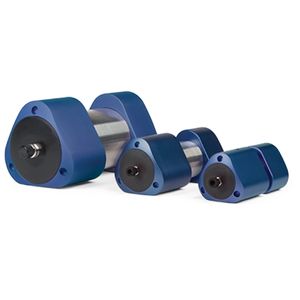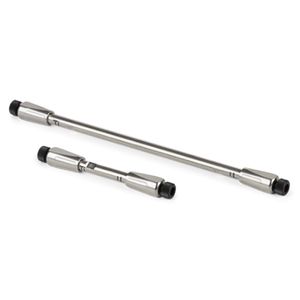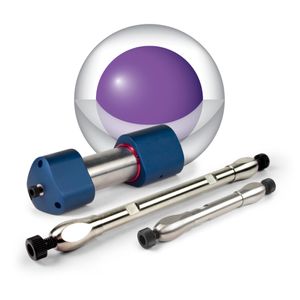Immunology Webinars
Follow a curation of discoveries and updates in immunology focusing on immune responses to infectious disease, structure and function, and developments in the defense against infection by watching and engaging in these webinars.
Show More
-
JUL 15, 2020 | 8:00 AMDATE: July 15, 2020 TIME: 7:00am PDT, 10:00am EDT Self-isolation and quarantine measures taken by many nations during the SARS-CoV-2 (COVID-19) pandemic have had a considerable impact on res...
-
JUL 14, 2020 | 10:00 AMDATE: July 14, 2020 TIME: 10:00am PT This talk will cover clinical case perspectives on utilizing both molecular and serology tests for diagnosing COVID-19 active and past infections. Dr. Ga...
-
JUL 09, 2020 | 9:00 AMDATE: July 9th, 2020 TIME: 9:00am PT Cell sorting is used to separate cells according to their cell size, shape and surface protein expression. Classically used after single cell studies to...
-
JUL 08, 2020 | 8:00 AMDATE: July 8, 2020 TIME: 8:00am PDT In this webinar, discover how targeted protein degradation is being used to drive drug discovery. Hosted by Gary Allenby, Chief Executive Officer of Aurel...
-
JUL 07, 2020 | 9:00 AMDATE: July 07, 2020 TIME: 9:00 am PDT The widely used TNM staging system is poorly predictive of response to adjuvant chemotherapy in Stage II and III colon cancer. As a result, there is ove...
-
JUL 01, 2020 | 8:00 AMDATE: July 1, 2020 TIME: 8:00 am PDT, 11:00 am EDT In late 2019, researchers identified the SARS-CoV-2 pathogen as the virus responsible for COVID-19. The virus spread rapidly throughout the...
-
JUN 30, 2020 | 10:00 AMDATE: June 30, 2020 TIME: 10:00 am PDT, 1:00 pm EDT COVID-19 is a highly pathogenic disease caused by severe acute respiratory syndrome coronavirus 2 (SARS-CoV-2). We have assembled a panel...
-
This presentation will provide a discussion of the thromboembolism risk of COVID-19 and how this plays into laboratory medicine. This will include case based discussions on how different lab...
JUN 23, 2020 | 10:00 AM
DATE: June 23, 2020 TIME: 10:00am PT Human mesenchymal stromal or stem cells (MSCs)-based immunomodulation treatment has been proposed as a suitable therapeutic approach for many diseases, s...
JUN 23, 2020 | 9:00 AM
DATE: June 23, 2020 TIME: 9:00am PDT I n the last eight years the field of Synthetic Biology has erupted into a massive industry driving innovation in multiple disciplines, from sustainable...
Accelerated development of mRNA-based vaccine has necessitated the transformation of standard, research grade in vitro transcription reagents into raw material specifically designed and manu...
The fast spread of SARS-Cov-2 sparked much interest in understanding the underlying genomics of this 30,000bp Coronavirus. Thus far, thousands of genome assemblies are available, yet they fe...
Analysis of antigen- and virus-specific T cells is essential to the understanding of fundamental immunological processes in the contexts of e.g. infectious diseases, immuno-oncology, as well...


































































